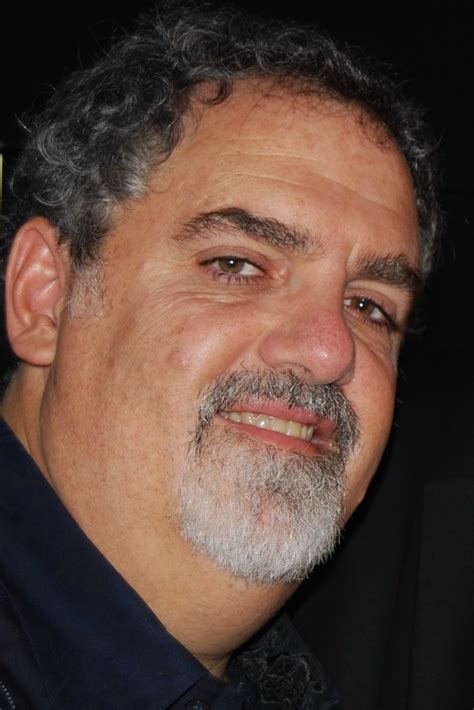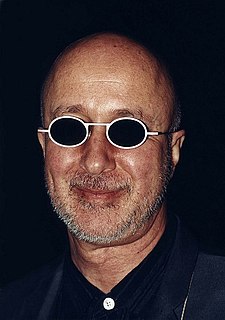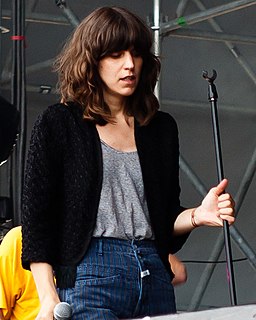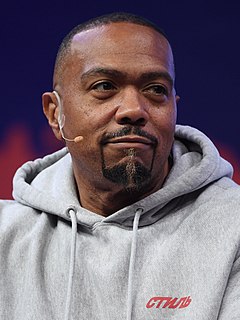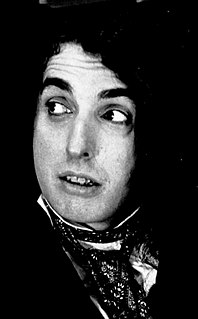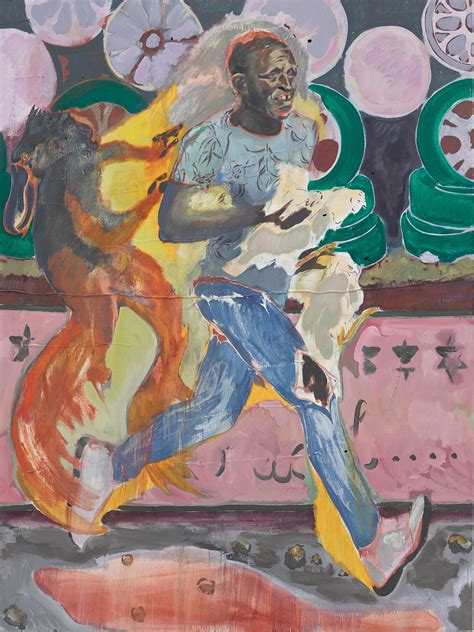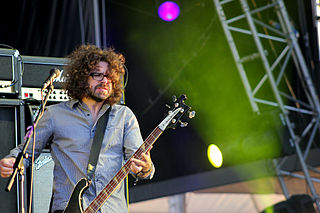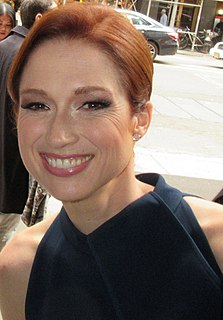A Quote by Jon Landau
The modern recording studio, with its well-trained engineers, 24-track machines and shiny new recording consoles, encourages the artist to get involved with sound. And there have always been artists who could make the equipment serve their needs in a highly personal way - I would single out the Beatles, Phil Spector, the Beach Boys and Thom Bell.
Related Quotes
I loved the idea of recording. The idea of sound-on-sound-recording captured me as a young kid, and once I realized what it was I had an epiphany. Before I was even playing the guitar, I would create these lists of how I would record things and overdub them, like Led Zeppelin song, 'I could put this guitar on this track...' and so on.
I think of all the things that I've gotten to do, all the wonderful people that I've played with, being in the recording studio with Phil Spector tops them all. And of course, now he is in prison. I hope to visit him, I still consider him a friend, and what can you say? A terrible way for a guy like that to be remembered.
The late '60s and the '70s, a lot of this really beautiful equipment was being made and installed into studios around the world and the Neve boards were considered like the Cadillacs of recording consoles. They're these really big, behemoth-looking recording desks; they kind of look like they're from the Enterprise in Star Trek or something like that. They're like a grayish color, sort of like an old Army tank with lots of knobs, and to any studio geek or gear enthusiast it's like the coolest toy in the world.
It was more about getting together with other musicians and playing live. I needed to suss out a full set [for the Last Summer tour], and I didn't want to play Fiery Furnaces material. So half of our set was new songs that we ended up recording for this album. And that made such a huge difference - going into the studio after playing a song for two years, knowing it inside-out and having sung it millions of times, and then recording it is a totally satisfying experience. You're suddenly in this controlled environment and you can make it sound exactly as you've been imagining it.
After discovering the Ramones, I discovered really crude ways to multi-track by taking another cassette recorder and plugging that into the eight-track, playing it back, so that as I was recording with the mic in my guitar, I could have another cassette player I had recorded on feeding into the recording.
Artists should re-emphasize performance and de-emphasize recording. You always make more money if you have a healthy performing life than you will if you have even a moderately healthy recording life. Don't make recording the most important thing you do. Make performing the most important thing you do, and then you can make recordings and sell them at your shows, because record labels aren't going to be around to help you get on the radio stations, and the radio stations probably aren't going to play you anyway.
